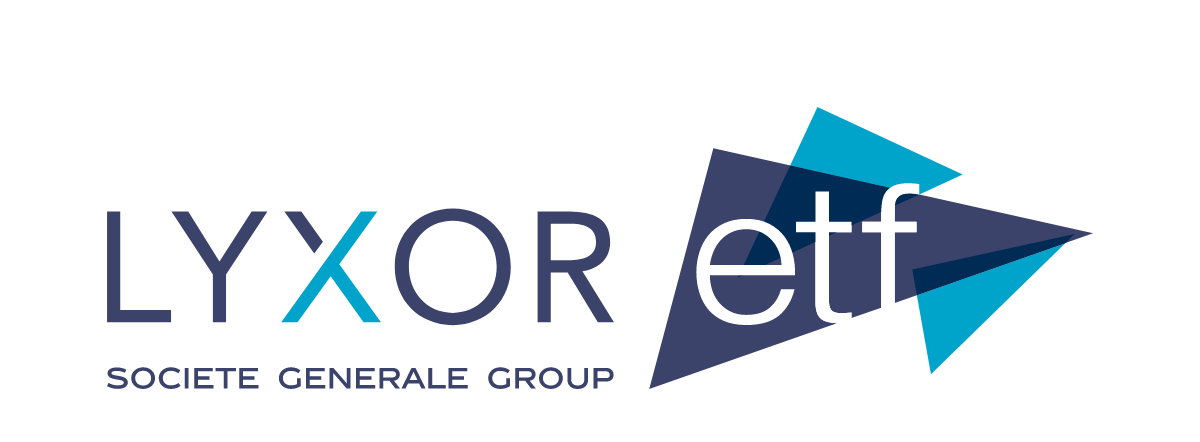China has and most likely will be, for the near future, the most dominant economy in emerging markets and looking at most EM ETFs, Asia's largest economy has a bigger exposure than any other country.
MSCI has been progressively including Chinese A-shares into its emerging market indices, increasing China’s weighting even more.
The iShares MSCI Emerging Markets ETF (EEM) has nearly a third (31.2%) of its holdings domiciled in China. Second to China is South Korea with 11.7% and then Taiwan with 10.8%. But have these two countries really been offering the best returns in 2019?
Looking at China first, the iShares MSCI China ETF (MCHI) has a year-to-date return of 12.7%, as at 11 July. MCHI includes its national giants, Baidu, Alibaba and Tencent which make up 30% of the ETF just between the three of them.
The second largest exposure in emerging market funds is South Korean equities. Lyxor’s recently launched Emerging Markets ex-China ETF has South Korea as its largest exposure with 17%. However, the iShares MSCI South Korea ETF (EWY) has a negative YTD return of -2.8%. The only geography in the fund's top exposures to produce negative returns.
Taiwan, the next largest exposure by MSCI, has been said to be home to the fastest growing ETF market. In contrast to EWY, the Xtrackers MSCI Taiwan UCITS ETF (XMTW) has a significantly positive performance so far this year with 14.4% returns.
Some other geographies which have a large footprint in emerging market ETFs include India, Brazil and South Africa. The Lyxor MSCI India UCITS ETF (INDI), iShares MSCI Brazil ETF (EWZ) and HSBC MSCI South Africa Capped UCITS ETF (HZAD) have YTD returns of 6.8%, 23.9% and 12.25%, respectively.
All with single-digit percentage point exposures, these three geographies offer positive returns, more noticeably EWZ with returns north of 20% for this year so far, alone.
Emerging markets ETFs ruined by idiots, study finds
One county which trumps all these returns is Russia. EEM only has 4.1% exposure to Russian equities but the iShares MSCI Russia ETF (ERUS) has a YTD return of 33.5%.
MSCI’s weighting to South Korea compared to Brazil and Russia has resulted in investors missing out on greater returns. EEM has still seen its net asset value increase 10.7% so far this year although could have been higher.







